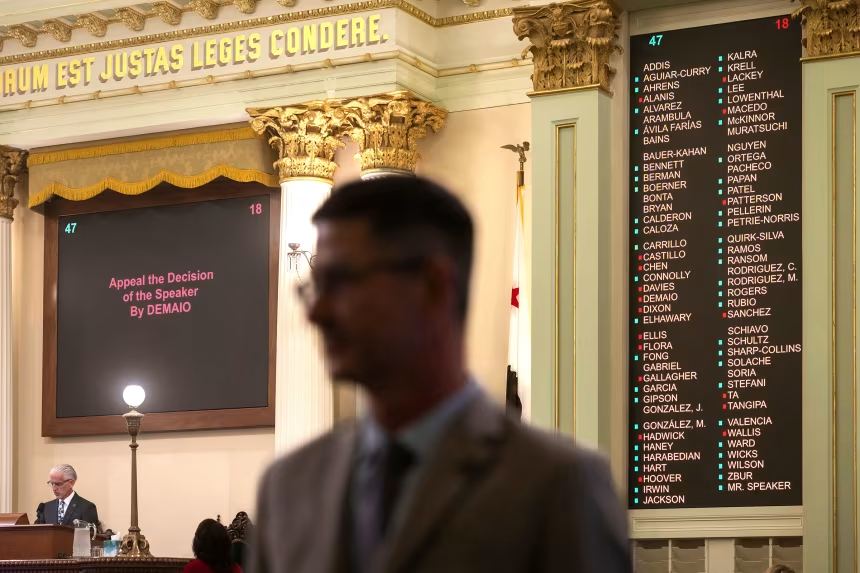Democrats in California have rolled out a sweeping redistricting initiative aimed at gaining up to five additional U.S. House seats. Spearheaded by Governor Gavin Newsom and legislative leaders, the proposal would place a constitutional amendment—dubbed Proposition 50—on California’s November ballot. If approved, it could significantly reshape the congressional map for the 2026, 2028, and 2030 elections.
The proposal is a direct response to a Republican-driven redistricting effort in Texas that seeks to secure more GOP seats. Unlike the independent process the state has used for decades, this plan would temporarily shift map-drawing power to the legislature, allowing Democrats to redraw districts strategically. Supporters frame it as a defensive move to preserve democracy amid nationwide partisan gerrymandering.
Backing for the initiative is strong among top Democratic figures, including former President Barack Obama, who called the strategy “responsible” amid threats to electoral fairness. But opponents, such as former Governor Arnold Schwarzenegger, warn that sidelining the independent redistricting commission undermines political integrity and sets a dangerous precedent.
Beyond partisan politics, the proposed maps raise deeper concerns. Analysts note that they dramatically reduce competitive districts—potentially leaving only a handful. Critics argue this undermines fair representation and disenfranchises certain voting blocs, even as it consolidates Democratic advantage.
With the legislature pushing to get Proposition 50 on the November ballot, California could soon become the epicenter of a national battle over who gets to draw the lines—and how democracy gets shaped for the next decade.


